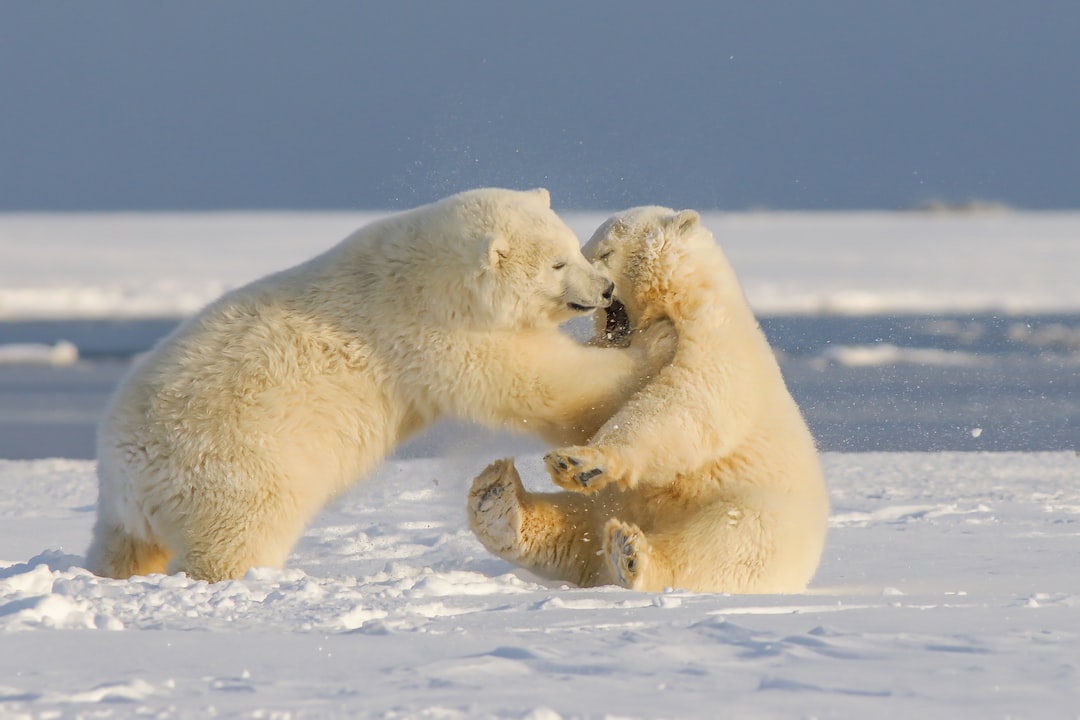The natural world is a vast tapestry of different species, from tiny insects to majestic elephants. Each one has a unique role to play in the ecosystem, forming a delicate balance that sustains the planet’s biodiversity. Yet, despite all the benefits they bring, many of these creatures are under threat. The importance of animal conservation cannot be overstated, as it is vital for preserving wildlife for future generations and maintaining the planet’s health and well-being.
Endangered species are those that face a severe risk of becoming extinct. This situation can be caused by various factors, such as habitat loss, pollution, climate change, hunting, and wildlife trafficking. Once a species is gone, it cannot be brought back, and its loss will impact the ecosystem and its other inhabitants in unforeseeable ways. For example, the disappearance of bees, vital pollinators, would result in a significant decrease in crop yields, impacting our food sources, and potentially leading to food insecurity.
Animal conservation efforts aim to prevent this catastrophic scenario from happening. By protecting endangered species and their habitats, we can ensure that their unique contributions to the ecosystem continue. Quite simply, conservation efforts save species from extinction, allowing them to continue to play their important ecological roles.
Moreover, animal conservation is essential for maintaining biodiversity. Many species rely on others for survival, creating a network of interdependence. A single species’ disappearance can have a domino effect on the rest of the ecosystem. For example, the extinction of the passenger pigeon, once one of the most abundant bird species in the world, impacted its entire forest ecosystem, causing other species to decline or go extinct.
But it’s not just about protecting animals. Preserving biodiversity is crucial for human well-being too. Approximately 70% of the world’s population relies on plant and animal products for medicine. With many of these species endangered, the future of our medicine is at risk.
Conservation efforts also help mitigate the effects of climate change. Forests, which are home to millions of plant and animal species, sequester carbon dioxide, a greenhouse gas responsible for climate change. Deforestation, often driven by the demand for timber products, is one of the leading causes of climate change. By preserving forests and wildlife habitats, we can help mitigate climate change and its adverse effects, such as more frequent and intense natural disasters.
In conclusion, animal conservation is vital for maintaining biodiversity, preserving natural resources, and safeguarding human health. Endangered species and their habitats need protection so that they can continue to fulfill their vital ecological roles. To achieve this, we need to take coordinated and collaborative actions, from governments, NGOs, private organizations, and individuals. These actions include supporting anti-poaching and trafficking efforts, creating and enforcing laws that protect species, preserving habitats, and raising awareness of the value of animal conservation. By working together, we can ensure that future generations inherit a healthy and thriving planet filled with diverse and fascinating animal life.

